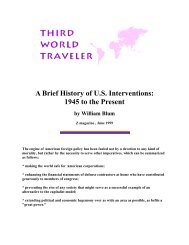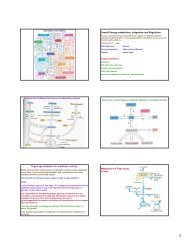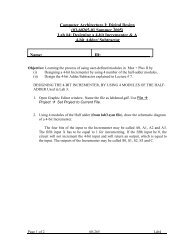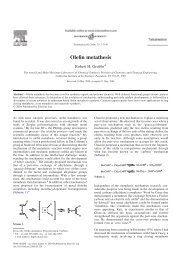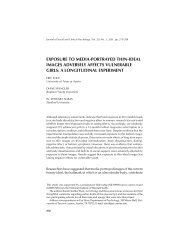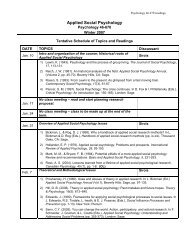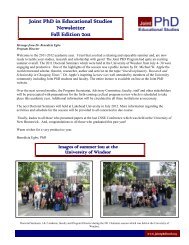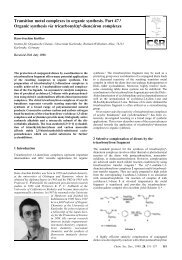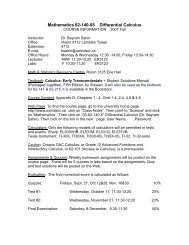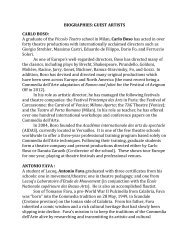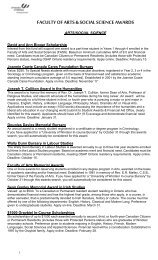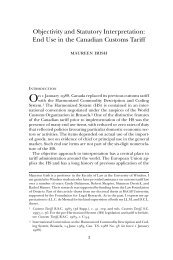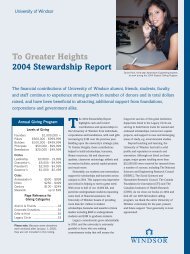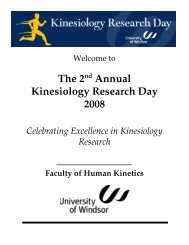Critical Social Work - University of Windsor
Critical Social Work - University of Windsor
Critical Social Work - University of Windsor
You also want an ePaper? Increase the reach of your titles
YUMPU automatically turns print PDFs into web optimized ePapers that Google loves.
Brown<br />
oppression rather than challenge dominant social discourse and dominant social relations <strong>of</strong><br />
power.<br />
Rositter, (2005), Pozutto, Angell, & Dezendorf, (2005), and Fook (2002) contend that<br />
the postmodern emphasis on the construction <strong>of</strong> meaning and social relations through language,<br />
discourse, and narrative is valuable to critical social work. A central task in narrative therapy, an<br />
increasingly popular approach adopted by social workers (Brown & Augusta-Scott, 2007a,<br />
2007b), is to unpack people’s stories. Externalization within narrative therapy includes<br />
unpacking, contextualizing, and politicizing foundational concepts such as gender, race, ability,<br />
self, experience, power, sexual orientation, addiction, eating disorders, and depression in the<br />
process <strong>of</strong> situating the problem story outside the individual. This involves exploring the social<br />
construction and influence <strong>of</strong> dominant and oppressive discourse on these stories, and the<br />
limiting and totalizing negative identity conclusions that may result (i.e., “I am a failure”, “I am a<br />
terrible person”, “I am an alcoholic”, or reflecting the social notion <strong>of</strong> the good woman -“as a<br />
woman I can’t be too demanding” or “I am only a good mother if I am selfless”).<br />
According to Smith (1999):<br />
Writing the social is always from where people are. Discovery is <strong>of</strong> the relations that<br />
generate multiple sites <strong>of</strong> diverging experience. It is from those multiple and diverse sites<br />
that their dimensions, organization, and organizing powers can be brought into view (p.<br />
8).<br />
Resurrecting the subjugated voice <strong>of</strong> the oppressed is surely a central goal <strong>of</strong> antioppressive<br />
practice. However, bringing the suppressed voice into view, uncovering subjugated<br />
knowledge or stories frequently means deconstructing thin descriptions which reinforce<br />
dominant social stories and taken for granted everyday discourses. Seeking out thicker<br />
descriptions means exploring not only the gaps and contradictions in stories, but what has been<br />
left out. Influenced by Mead (1977), Smith (1999) argues that only through ongoing processes<br />
<strong>of</strong> human interaction, and symbolic communication is a thoroughly social self-constructed. We<br />
organize meaning and make sense <strong>of</strong> our lives through stories. Language and meaning do not<br />
exist independent <strong>of</strong> social life and are reconstituted, recreated, or reproduced through their very<br />
use. White and Epston (1991), drawing on Foucault state, “We are subject to power through the<br />
normalizing ‘truths’ that shape our lives and relationships” (p.19).<br />
Writing in the <strong>Social</strong>: Narrative Strategies for Restorying Experience<br />
People organize and give meaning to their experiences and, thereby, their lives through<br />
the storying <strong>of</strong> experience: we live storied lives (White & Epston, 1990). Yet, our stories do not<br />
simply represent or reflect some inherent, pre-given, or uncontestable meaning that exists. These<br />
stories do not, therefore, reflect a reality outside <strong>of</strong> the social meanings that we draw upon to<br />
make sense <strong>of</strong> our own experiences. Instead, socially mediated language ascribes meaning to our<br />
stories, and through language we reify social meaning, reconstituting our own lives, and <strong>of</strong>ten<br />
dominant social discourse. Storying is dependent on language as we ascribe meaning through its<br />
usage, and in so doing, constitute our lives and relationships. Language allows for the belief that<br />
knowledge and social order exists independent <strong>of</strong> human activity, however, meaning can only<br />
<strong>Critical</strong> <strong>Social</strong> <strong>Work</strong>, 2012 Vol. 13, No. 1<br />
45



